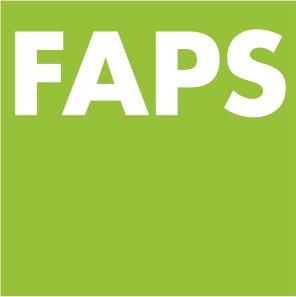Die ehemalige Vorlesung “Einführung in die Programmierung humanoider Roboter (NAORob) wird ab dem WS 22/23 in englischer Sprache unter dem Titel Robotics Frameworks angeboten.
Vorlesung und Übung, 4 SWS, ECTS-Studium, ECTS-Credit: 5
Suggested Prerequisities:
- Basic knowledge of programming languages C++ and Python, additional information can be found on StudOn
Content:
- Basic concepts of robotics
- Basic concepts of the Robot Operating System
- Simulation of robots in virtual environments
- Computer vision and machine learning in the context of robotics
- Path and grasp planning
- Localization, mapping and navigation of mobile robots
- Flow control with state machines for complex robot tasks
- Introduction to relevant software frameworks for specific tasks (Robot Operating System, Gazebo, OpenCV, Tensorflow)
- Solving a complex practical task as a team:
- At the end of the lecture students will be able to programm a mobile robot with an integrated GPU. The students are seperated into teams and program the robots using the learned concepts (e.g. path planning, machine learning, computer vision).
Learning goals and competences:
In this module, students independently implement advanced tasks in robotics and related topics such as simulation, computer vision and machine learning using concrete examples. In doing so, the students deal with various established software frameworks and learn how to use them.
Students are taught the following technical and methodological competences:
After completing the module, students will be able to
- Classify important terms of robotics
- Understand the challenges of modern robotics in relation to complex tasks and develop approaches to solve them.
- Analyse and practically apply complex issues in robotics (robotics frameworks, simulation tools and frameworks for image processing and artificial intelligence)
- Explain and apply methods of robot motion control and planning
- Explain the self-localisation of mobile robots and examine it using examples
The students additionally acquire and train the following personal and social competences within the framework of the team task:
After completing the module, the students can
- Independently solve preparatory tasks
- Organize their working time
- Work together with other students in a group in a goal-oriented manner
- Asssess their own strengths and use them in a targeted way in the team performance
